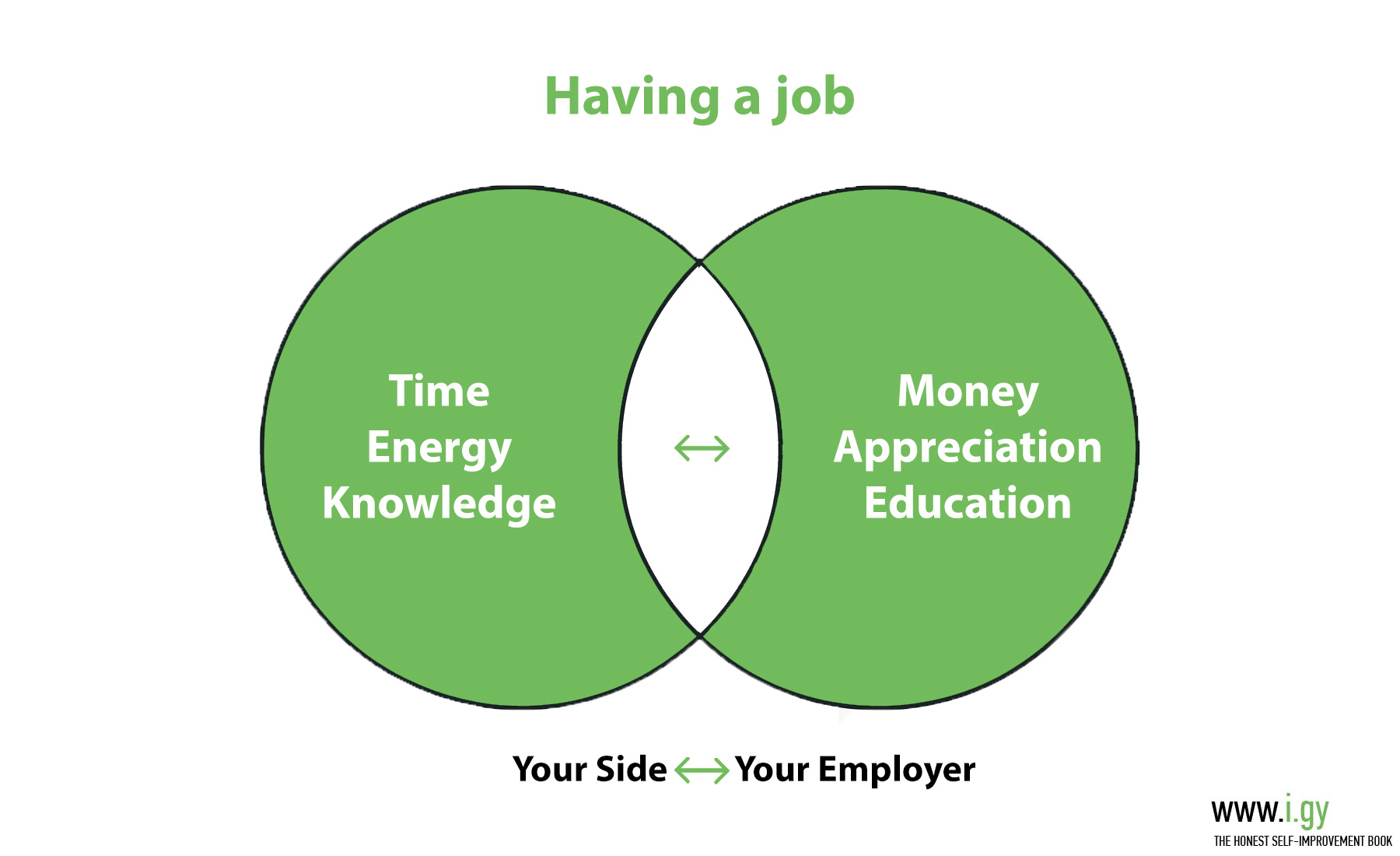What if we stopped compartmentalizing joy into weekends and vacations? – ChatGPT
If you know one thing I believe to be useless in life, it’s Barriers. Not the sensible barriers between us and unwanted stuff in life. I’m talking about the barriers between different areas in our own lives.

Nowhere is this more visible than with the common division of life into “work” and “other” parts. The fact that work-life balance even exists as a concept is just weird to me. Why divide one whole into two parts and then balance them when you can keep it whole in the first place!?
It’s important to remember these barriers exist only in our own heads – in the Game of Self. Time, Money, and other actual stuff don’t separate themselves into work and non-work kinds. They just flow following natural laws. We put the barriers and do the separation in our heads, and this is against the natural order of things. We don’t do it because we’re strong. We do it because we’re weak, mentally unprepared for some healthy dynamics, and because we don’t understand the fundamental power of Chaos in life.
For this article, we’ll only focus on the typical case of working, having a Job, and an employer who pays us a wage. Some or most of the points below will not hold for entrepreneurs, contractors, freelancers, creators, and people working in fairly managed cooperatives.
What is work really? It’s a concept so complex that we can immediately assign it a Trap-word status.
Having a job is a complex exchange of:
time, Energy, and knowledge from your side
and
money, appreciation, Education from your employer
Let’s look at these one by one and see if they can and should be divided between work and non-work.
Time
For most people, it’s tempting to have a time limit for work, say 9 to 5. After 5 PM, you know you’re free to rest or party until the next morning. You can do anything you like. Freedom, yay.
While the time limit was a sensible measure for people who historically got mass exploited with long working hours (check how life was during the industrial revolution), it has been around for a while, and work has evolved in the meantime. Knowledge, creativity, and Motivation are now much more important than just putting in work hours, as most work has moved from the assembly line to solving complex problems. So, if work hours are no longer the top 3 important things, why define work by them?
The Truth is everyone should work as much, as little, as early, as late, and as remote, as they want, as they deserve with their output (short and long term, direct results and indirect ones like influence on colleagues) and as the nature of the work allows.

If you want to work 9 to 5, we have the same Goal. I believe you should have the freedom to work any hours, including those. But don’t assume other people are all the same. Also, don’t assume people automatically have a problem mixing their work, fun, and rest hours. It’s more a thing of society and an after-effect of too many people hating their work.
Remember that all brain links go two ways. If you don’t like your work, you don’t want to do any on vacation, it makes sense. But to some extent having the rule of not doing it on vacations also sends to your brain the signal you don’t like your work that much and this is a dangerous signal to send yourself just because of peer pressure (who works on vacations, just losers who have horrible bosses, duh!) if you actually do. Because things we really love (eg, wives and husbands, kids), we tend to take vacations, although they might make the vacation way less relaxing than work (small kids in life, anyone?). I don’t understand why we should fundamentally treat work we love much differently. It doesn’t mean answering emails all day, but planning a new project on the beach or while traveling is to me more fun than sitting and doing nothing like a sponge.
Taking full breaks from work makes sense, but it’s effective if it’s not only on holidays, weekends, and evenings. You should be able to take a break mostly whenever you want. Or work mostly whenever you want. If you think about it, both mean the same thing.

Bonus value: if you don’t have to work strict hours (no external pressure) and you don’t get any work done, you know you don’t love your work, and it’s a moment for some positive Change in your life in general.
Energy

Remember, your energy is a function of your motivation, it’s not a zero-sum game. There is no such thing as work motivation or rest-of-your-life Motivation. You’re either motivated and in Hunter mode or not motivated and in Sheep mode. If there are strong demotivating factors at work, such as lack of appreciation, less than fair pay, or outright bad attitude, simply quit the job if possible (or at least tell people and management you consider quitting to see if it brings positive change, or they will treat you as expendable). Work should never drain energy and motivation from your life. If everything at work is well and sustainable, the motivation and energy levels should also be similar.
So, we conclude that under normal circumstances, you cannot divide your energy, and you shouldn’t need to put a “balance” barrier that prevents you from being highly energetic at work.
If you somehow manage to cut the energy at work, you cut your motivation, which will reduce your motivation in your whole life.
Knowledge (that you give) and education (that you receive)
Well, this one is pretty obvious. Your knowledge and Diversity of Experience are with you anywhere, anytime. The most important and universal skills are self-knowledge and people-knowledge skills. These are not bound to the workplace. You acquire them everywhere in life and use them everywhere.

Appreciation (that you receive)
The concept of fairness and your relationships with colleagues and managers is, by definition, a subjective matter. It lives in your head and is partially in Probabland (the unknown and unproductive land of the thoughts of others about you). As this is mostly a Game of Self problem, it’s always with you. If you feel underappreciated at work, your evening will suck too and possibly your whole life. In fact, some studies point out problems at work are the number one reason for unhappiness and others that appreciation is the most important feature of a job, ahead of money.
So this is a big and important thing, and you cannot isolate your life from it. Humans (hell, even monkeys) have a strong desire for fairness, you cannot balance out a lack of fairness, perceived or real. It has to be dealt with.
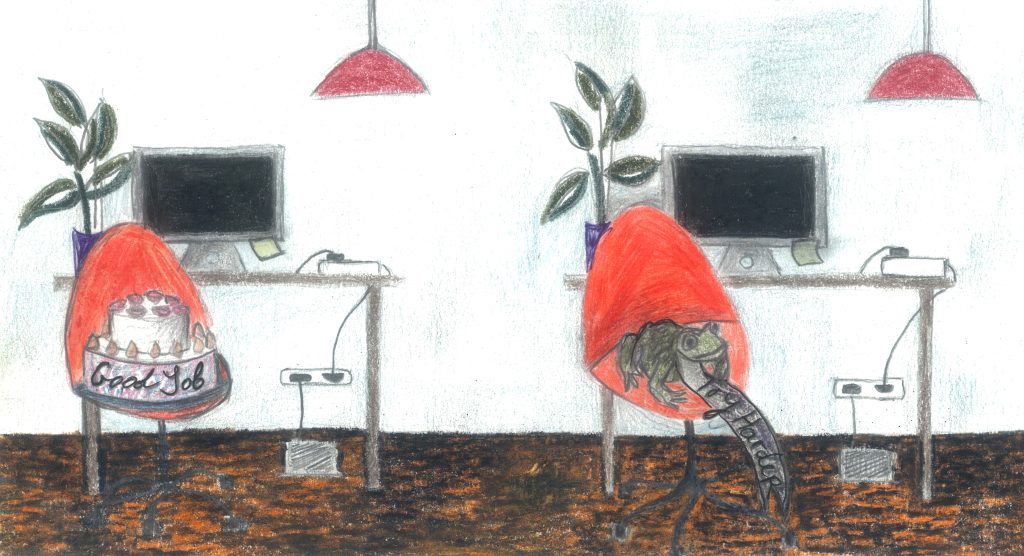
The only emotionally intelligent way is to dissect such a problem into its:
Game of Life bits
Is John, the manager of my manager objectively acting a bit like a dick or is it just me? Let’s ask some colleagues around; I should ask my cool manager if my growth in the company is within John’s influence and about his opinion on this whole thing (let me get all the information and facts straight and see if real-life actions are needed).
and
Game of Self bits
I see John, the manager of my manager, once a month. I shouldn’t let him get under my skin; Let’s try him with some smiles and remember: people who act like dicks usually have childhood trauma or something. Whenever I think about him and start to feel annoyed, I remind myself of this thought—it’s both true and helpful. Let this empathetic mental connection take hold now and shield me from any further emotional harm.
Money (that you receive)
The financial nature of work in a company is as follows:
People with diverse skills put them together to create some profit (sadly, in the modern world, goods and services need not be involved, eg, if you trade on the stock market, you create nothing other than the profit. So we use the profit to define work).
They use a legal shell called a “company” which takes all positives (potential profits, potential good brand reputation) and negatives (potential liabilities like defaults and lawsuits, potential bad brand reputation) away from the individual people.
The company has shareholders that share the positives and negatives themselves (the negatives to an extent, because most companies are LLC or “limited liability”). They are, however, entrepreneurs, subject to the laws of Business and the free market of goods and services, but we’ll talk about this elsewhere.
If you’re an employee, the free market of goods and services does not apply directly to you. There are three driving forces behind your financial Happiness:
- How well is the company doing (you have a part in this)
- How fairly is the company distributing profits among employees as wages
- The labor market – do other companies compete for your skills
The labor market may give you some negotiating power about the fair distribution, but you can never expect to be paid more than:
What you bring to the company – expenses and taxes – shareholder profits – some risk buffer for the company in case of bad times.
*Dashes are minuses, so a lot of subtraction takes place before profits get to you.
If you feel you’re underpaid, this might be because:
- The company may not earn much, eg, tough industry or bad times
- The company might reinvest all profits into the growth and balance finances on the edge, eg, many startups
- The shareholders may keep the profits for themselves beyond a reasonable amount (short-term greed)
- The labor market might offer an easy replacement for you (a low-skilled Job)
Does this sound complicated? It kinda is. Because by having a job, you put a company between you and the free market to scale beyond your own efforts and mitigate risk. But are you really reducing risk? Yes and no.
Short term, you are reducing risk. In 3 months, you’ll probably still have the same wage, if you’re productive and lucky, even higher. So you’ve got your financial ass covered.
But in 10 years, you’ll hardly be at the same job anymore. And the question arises, in those 10 years, did you do your best in terms of Diversity of Experience in order to be in the best place now, be it a great Job or an Entrepreneurship? Did you do something different every day? Did you meet and work with new people every week? The more you have been stuck doing the same thing, the worse the answers. For young people, the biggest long-term risk in life is just doing the same thing.
Some companies will give you a lot of opportunities to grow and change. But it still depends on how successful and open-minded they are. If in doubt, ask. There is nothing bad to go to your manager and saying, “I feel stuck in work and/or life, and I want to grow. Give me ideas and challenges”. A good leader will love to hear this from you.
Not taking any risks in modern life is a risk itself. Life is dynamic, and the economy rewards those taking risks when most people don’t, due to simple supply and demand laws. If too many people are ok with working as a supermarket cashier, supply exceeds demand, and they all get underpaid. Driving a truck is not more complicated by any means, but demand is larger than supply, meaning truck drivers are paid better than cashiers. It may not matter if it’s a high or low skill job. In my country, due to easy access to such education, every 20th young person has graphic design skills, and the result is that those who work as designers are underpaid for the high level of work they actually do. Supply and demand are all it is.
Now, after the big introduction, straight to the point:
Seeing money only through the lens of your Day job is a very bad long-term habit.
Even if you really like the security of your job, explore the world of money both at and outside of work. Economics is not taught in School in most countries, which is terrible for society but great for you, as if you understand economics, you have a vast advantage in life. Money is the root of so much that you absolutely have to understand the incentives (good or bad) it creates for people and systems.
So you have to learn to understand money, and you can learn by just looking at life. Everything around you is some kind of industry, driven by money. At work and elsewhere. The “money exploring” mindset is a clearly visible trait of financially successful people and a form of healthy curiosity. And you cannot divide a mindset between work and life. You will understand money (and in its natural form – value) and start in time to “feel” it, or your financial Success in life will be left to hard work and luck.
Money and value are not just at work. Money is everywhere you look. And in the world we live in, the ones who look harder, eventually improve their financial understanding and make financial gains.
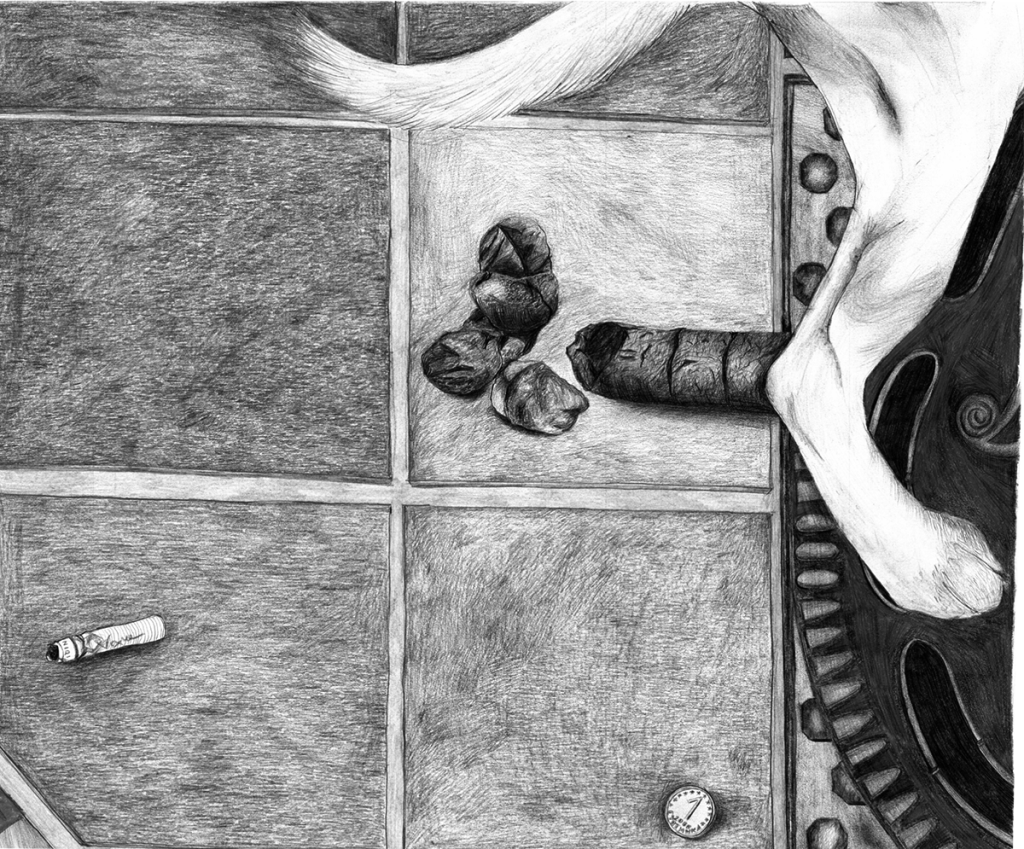
Entrepreneur advice box (start):
But if you have worked at a day job all your life, and you cannot imagine anything else in a financial sense? Where to start?
Here is the only core advice you’ll ever need about making money directly from the free market without many years of experience:
You need to know the three basics:
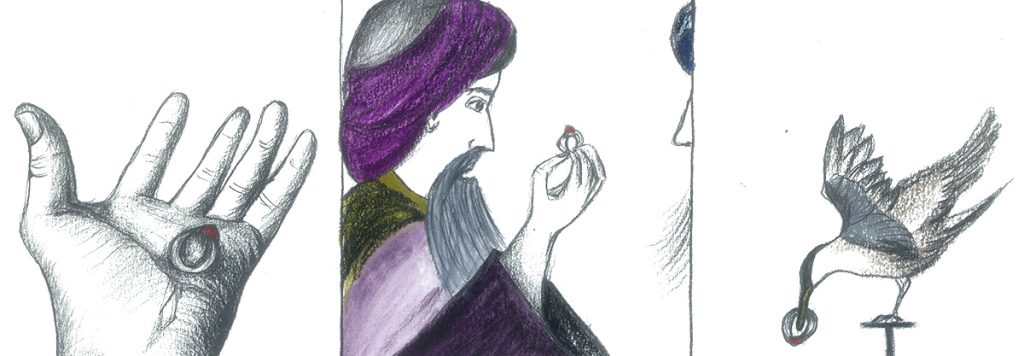
- We live in a free market, every product or service has market value (so learn to evaluate, become a niche expert if you can!)
- People often don’t know the market value, nor have the Resources to bring their stuff to market (so learn to connect!)
- Salvaging value, wasted by others, is the same as creating your own, learn to spot the wasted value around you!
And to follow 2 steps, trying new stuff with minimal investment and effort again and again until something really works:

- Create (or find wasted well below market value) a product/service that clearly has more demand than supply (at least at the price you’ll offer it)
- Find a way to sell it by trying every possible way, starting by copying everything all of your competitors do
That’s all you need to know Most businesses fail because they literally can’t follow 2 steps and instead of step 1 do the worst possible thing – copy other common businesses, digging a mathematical supply/demand hole for both them and the copied ones by oversaturating the market (which corrects itself in time exactly in this way – by crushing some of the too many businesses in a niche).
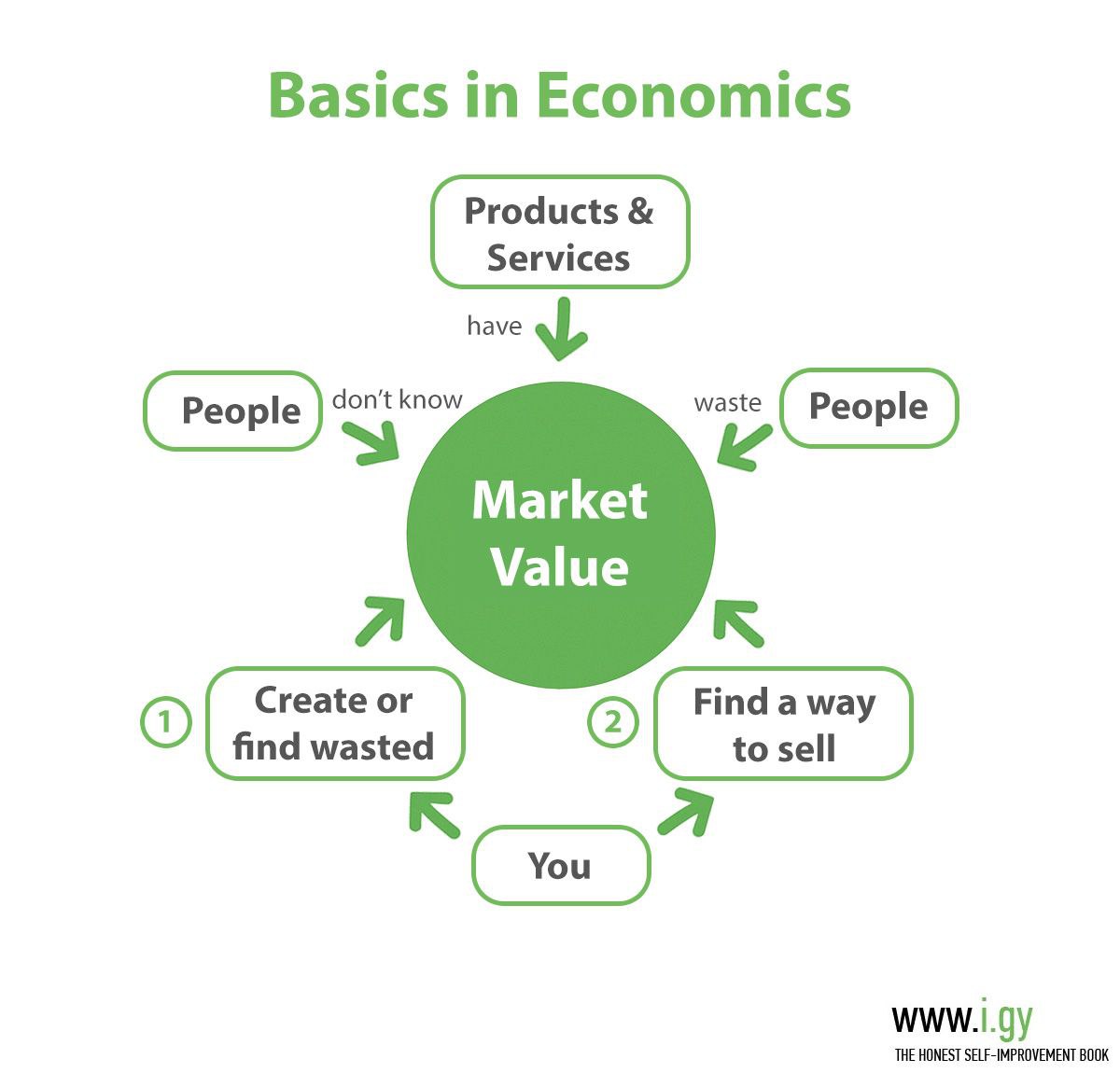
Any business idea that doesn’t have a clear and looking to last demand over supply advantage can be tossed aside safely, ideas are plentiful in life; better ones will come.
Entrepreneur advice box end.
———-
So all the components of work are mixed within life:
Time – if you try to separate it with rules, you’re hurting your own freedom, and the other mixed ones drag it in the mix too.
Energy – almost fully mixed if you love your work, due to the connection with motivation.
Knowledge and education – almost fully mixed both in giving and receiving.
Appreciation – in your head, you cannot run away from it, so it’s largely mixed.
Money – better mix it up eventually if you want to be more financially successful.
———-
So, how can work be separated and “balanced”? If you love your work, the balance thing is a fallacy.
If you don’t love it, forget all this and start searching for this love right away.
And next time you hear about “work-life balance” in a general discussion, remember to turn your Bullshit detector up. Because whoever is talking may not understand work. Or life


